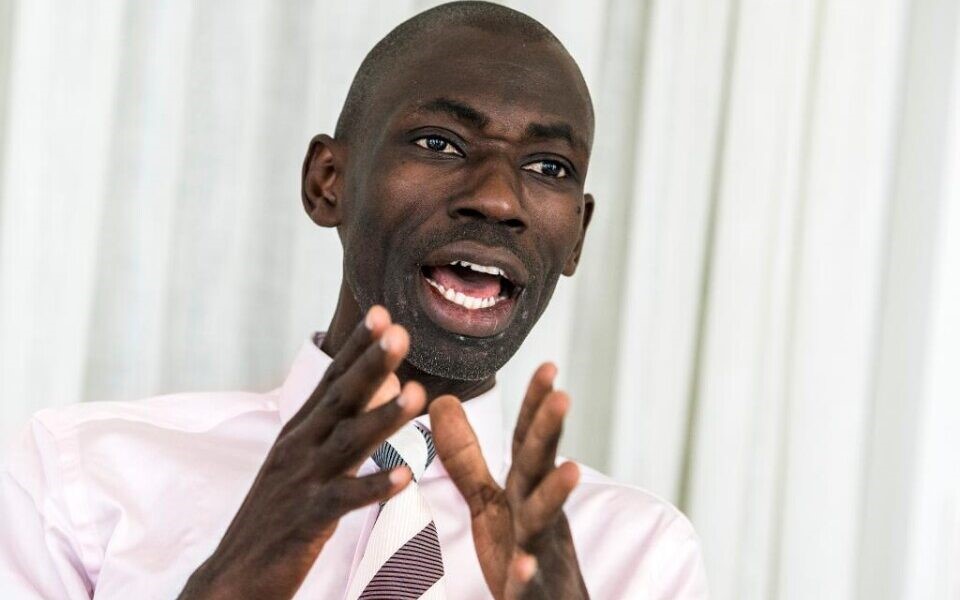By Charles K Mark
Civil society and political activists have voiced criticism against the proposal by the Sudan People’s Liberation Movement (SPLM) party for a partial election, deeming it unlawful.
Edmond Yakani, the Executive Director for the Community Empowerment Progress Organization (CEPO), argues that conducting only executive elections could potentially lead to violence.
“We have seen the proposal about going only for executive election, the elections of the president and of the state governors. We feel this is strategy, if not properly designed; it is a recipe for the country to go back to violence,” Yakani stated.
Yakani expresses concern that the proposal, if accepted, may create tensions, chaos, and an escalation of violence.
He also stated that there would be legal implications arising from the absence of elected Legislative Assemblies at the national and state levels.
Moreover, Yakani emphasizes South Sudan’s membership in the East African Community and the potential loss of representation in the EAC Legislative Assembly without a legitimate national parliament and council of states.
“And the only way, by the provision of the agreement, for us to have a functional parliament after the extension of transitional period is to elect national and state parliamentarians,” Yakani professed.
“My advice, appeal and my call to the political leaders of this country is that we go for all votes at the same time.”
Political analyst James Boboya Edmond joins the critique, labeling the suggestion as illegal and a violation of the peace agreement.
He emphasizes the need for a permanent constitution to define the electoral process and its legal implications.
“So, all arms of the government right now will become illegitimate because now they are not doing the work in accordance with the transition defined by the people. What does it mean exactly to have a legitimate executive body without the rest of the body?” he wondered.
Boboya proposes extending the peace agreement by several months to allow for a genuine election and the funding of a constitutional-making body.
“All the leaders must be elected once. Because if you say we’re going for executive elections and we have a parliament, you cannot have an executive arm of government working with illegitimate parliament,” he said.
He questions the feasibility of holding elections without the necessary instruments in place to govern the electoral process.
“But if those things are not put in place, why are we talking about elections? If the very instruments that are supposed to govern the electoral process are not in place?”
The SPLM last week proposed executive elections, citing resource constraints for implementing the elections as outlined in the agreement.
The party suggests electing the executive body (President and Governors) in December 2024 and representatives after a year




